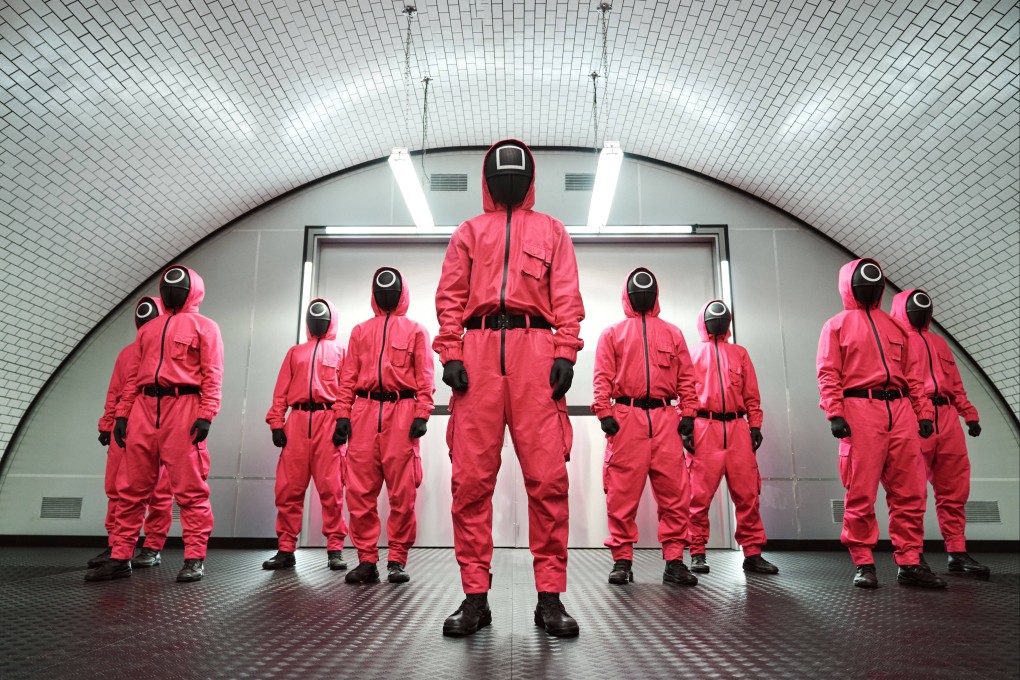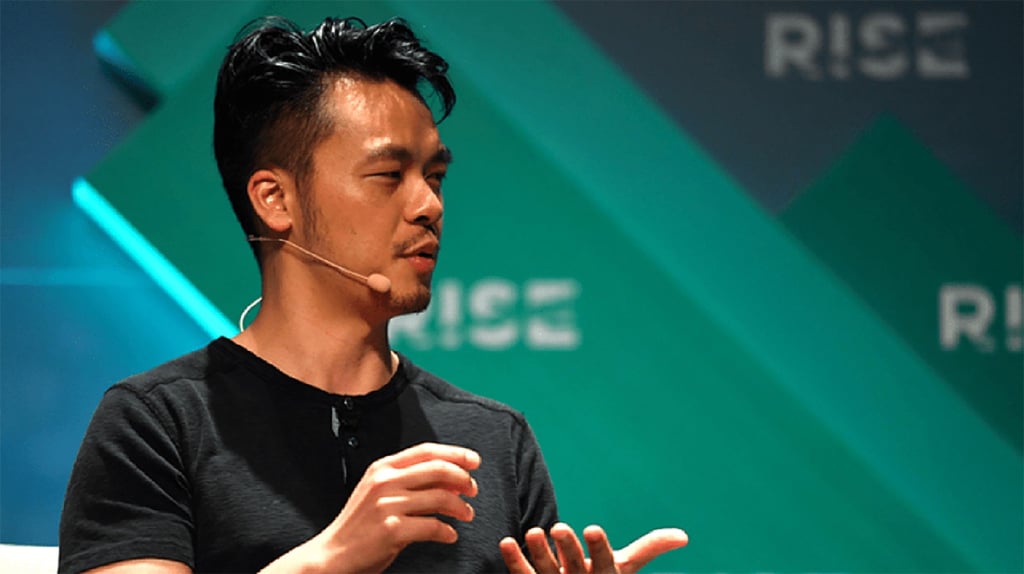Hong Kong start-up Sandbox VR bets on Squid Game experience in Netflix partnership to help global expansion
- The location-based VR firm partnered with the US streamer to bring its hit South Korean drama to life in immersive, hi-tech facilities
- After its US operations were bankrupted during the pandemic, Sandbox is expanding again with a bet on content based on hit franchises like Star Trek

Fans of the hit South Korean dystopian drama Squid Game who thought competing in life-or-death childhood games looked like fun will soon have the chance to experience it in virtual reality thanks to a collaboration between Hong Kong-based Sandbox VR and US-based video streamer Netflix.
The Squid Game experience is the latest title meant to entice gamers to visit Sandbox’s VR facilities, where a variety of hardware is used to create an immersive virtual environment, as the company looks to leverage intellectual property (IP) collaborations to help it rebound from restrictive pandemic-era policies that drove its US operations to bankruptcy in 2020.
“Squid Game made a lot of sense because it was something that was very active and intense,” Sandbox founder and CEO Steve Zhao told the South China Morning Post in an interview on February 13. “We have the platform that can replicate Squid Game as close as the TV show, minus the violence.”

The Netflix partnership has been a long process, Zhao said, as the companies had been engaging with each other since before the Covid-19 pandemic. When the streamer’s Squid Game turned into a global sensation at the end of 2021, it was the ideal choice for turning a Netflix property into an interactive experience once the companies resumed discussions as pandemic restrictions eased in the US.
Sandbox’s Squid Game experience has been in development by its Hong Kong-based content team for five months, according to Zhao, and it is slated to launch later this year at the company’s arcades around the world. Like in the show, players compete against each other in various games until there is just one person left standing.
Gamers will not be able to just don headsets at home and flail their arms around, though. Sandbox deals in so-called location-based VR, meaning people have to show up to its facilities decked out with hi-tech equipment that offers more feedback than what people can typically get at home.
Under the Netflix deal, Sandbox has exclusive rights to develop location-based VR experiences based on Squid Game, Zhao said.